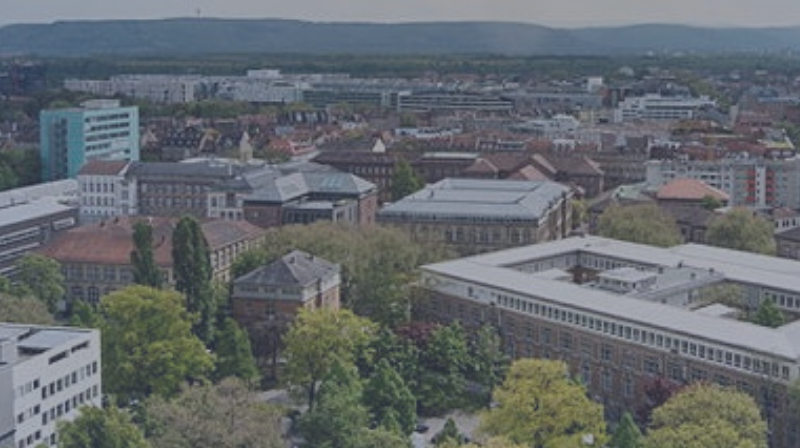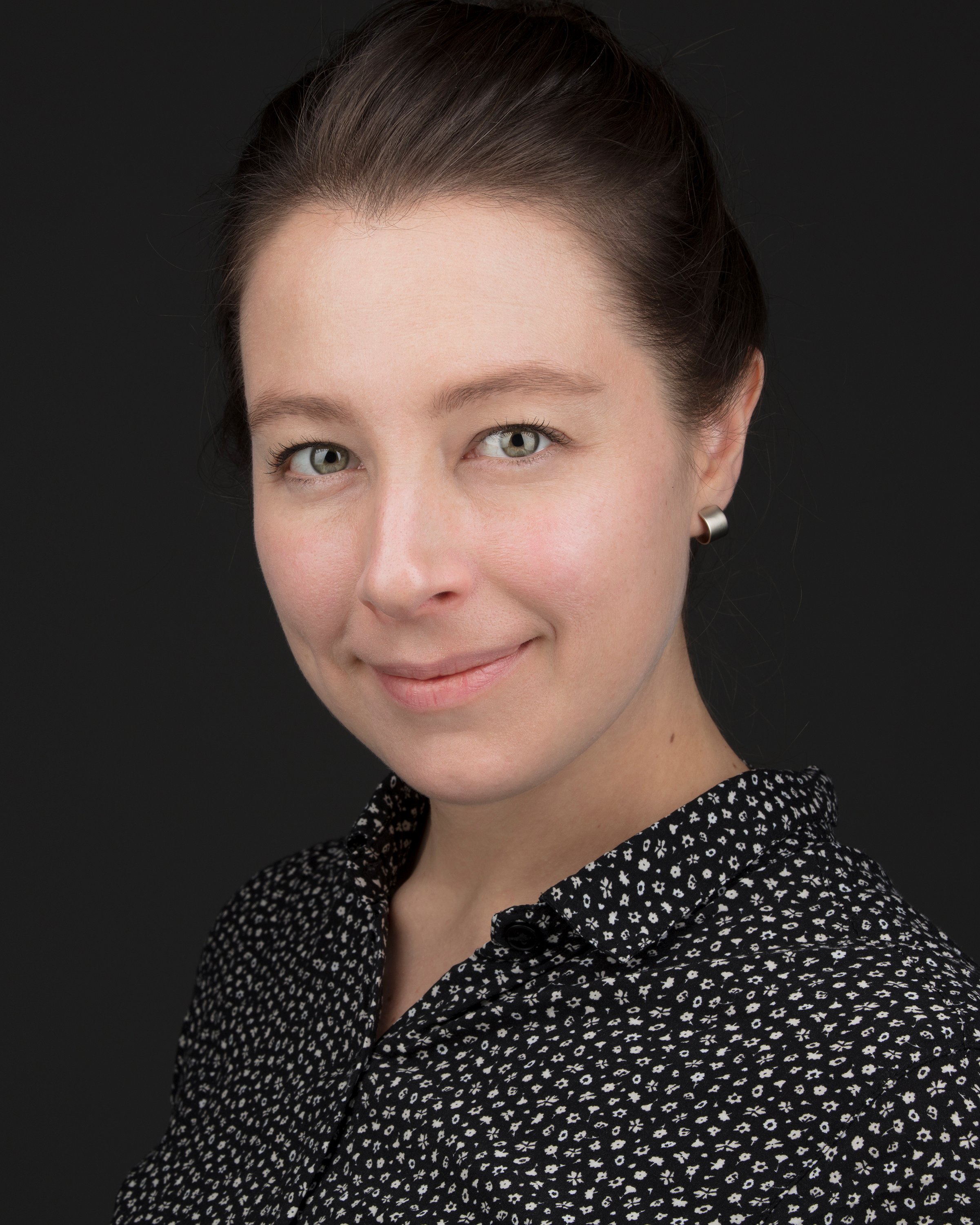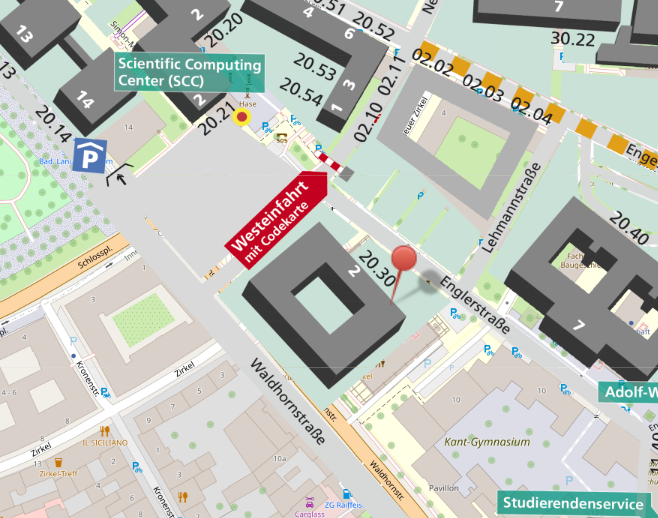International Excellence Talks
_%20-%20Kopie_rdax_1240x392.png)
Excellence lives on exchange and networking among the best researchers worldwide. That is why we want to invite you to join us in a new lecture series, International Excellence Talks, where internationally renowned scientists will give insights into their current research topics and, ideally, inspire a broad audience of scholars. This monthly event will include a 30-minute keynote lecture and a platform for networking and informal exchange among researchers with a wide range of interests. Recordings of previous talks can be found at KIT International Excellence Talks YouTube Channel.
|
|
|
Abstract:
We study an optimal stopping problem with an unbounded, time-dependent and discontinuous reward function, which is motivated by the pricing of a variable annuity contract. We consider a general fee and surrender charge function, and give a condition under which optimal stopping always occurs at maturity. Using an alternative representation for the value function of the optimization problem, we study its analytical properties and the resulting surrender (or exercise) region. In particular, we show that the non-emptiness and the shape of the surrender region are fully characterized by the fee and the surrender charge functions, which provides a powerful tool to understand their interrelation and how it affects early surrenders and the optimal surrender boundary.
About the talks
In case you have any questions or would like to receive updates on topics, lecturers and more, please send us an email to ieg∂intl.kit.edu.
The lecture series is organized by the International Scholars and Welcome Office (IScO) of KIT in the framework of the International Excellence Grants Program with funds granted to the University of Excellence concept “The Research University in the Helmholtz Association I Living the Change” in cooperation with the Humboldt-Regional Group Karlsruhe-Pforzheim.

Content and links to recordings of previously held talks.
link

